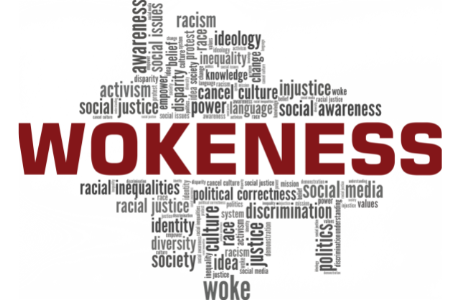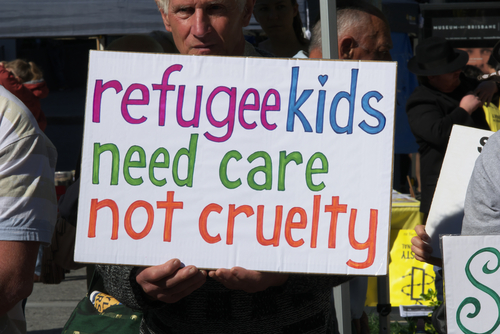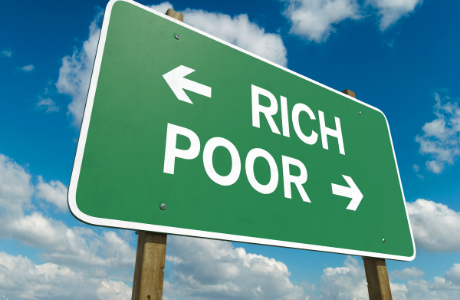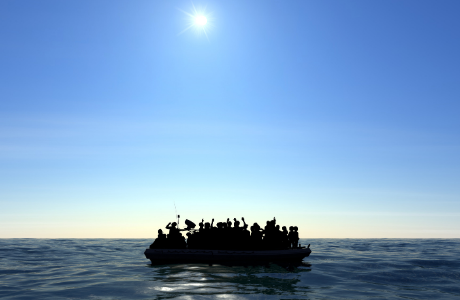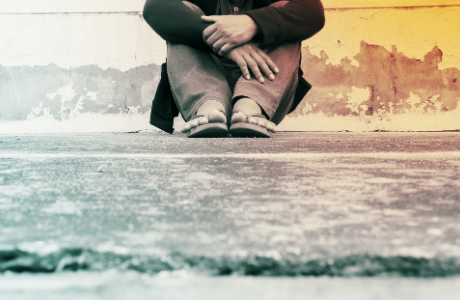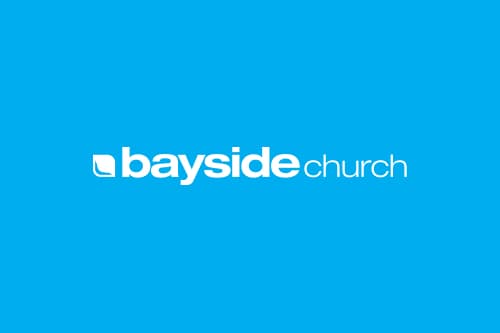Australia’s former Prime Minister, Kevin Rudd, opened a can of worms on Q&A last week when he justified his viewpoint on gay marriage by referring to the Bible’s stance on slavery. In addressing the pastor who asked the question, Mr Rudd said, “Well, mate, if I was going to have that view, the Bible also says that slavery is a natural condition … because St Paul said in the New Testament, ‘slaves be obedient to your masters’. And, therefore, we should have all fought for the Confederacy in the US war. I mean, for goodness sake, the human condition and social conditions change.”
Mr Rudd was right – and wrong. Paul did say, ‘slaves be obedient to your masters’ (Ephesians 6:5; Colossians 3:22). But his other statement was wrong. The Bible doesn’t teach that slavery is a natural condition. That was a quote from Aristotle (Aristotle’s Politics, Book One, Chapter five).
Mr Rudd was also correct when he stated “the human condition and social conditions change.” That’s true and is certainly reflected in the Bible’s teachings on many subjects. Over the centuries the church has had to come to grips with the fact that the earth is not flat, women are not second-class citizens, black races are not inferior to white people and the earth is not the centre of the universe. At one time or another all of these things were believed and taught by the church – and Bible verses were quoted in defence of these teachings.
So, what does the Bible teach about slavery? It teaches three main things:
1. It gives laws for the proper treatment of slaves by their masters.
2. It gives guidelines on how a slave should work and respect their master.
3. It gives total condemnation of slave trading and the trafficking of people.
Slavery was commonplace in Old Testament times. In the light of this, the Bible gives some generally good and fair laws on the proper treatment of slaves. The purpose of this was to bring justice and order into a culture that prior to this had been lawless (Deuteronomy 15:12-18). Consider the following:
• Some sold themselves into slavery (Leviticus 25:39; Deuteronomy 15:12-17); others were sold to pay debts (2 Kings 4; Nehemiah 5:1-8).
• Jewish slaves could not be held for more than six years and were given a choice to leave (Exodus 21:2). They could voluntarily choose to remain (Exodus 21:5-6).
• Slavery was more an occupation – servanthood with rights. Their religious rights were protected (Exodus 2:10), as were their civil and economic rights including the right to own their own slaves (2 Samuel 9:9-10).
• Those who came into slavery with a wife and children could take them when they left.
• Slaves who were abused by their masters were to be set free (Exodus 21:26-27).
• Protection of foreign slaves seeking asylum in Israel (Deut. 23:15-16).
• Whether one was an Israelite or foreigner, provisions were in place for the protection of slaves (Leviticus 24:17,22; Exodus 21:20). A minor personal injury, such as the loss of an eye or a tooth, was to be compensated by giving the slave his liberty (21:26-27).
The New Testament does the same. In the times of Jesus there were between 70 and 100 million people living in the Roman Empire, about 50% of these were slaves. The economy of the entire Empire was dependant on slaves. Slaves had no legal rights and were viewed as the personal property of their masters. Some wealthy Romans owned as many as 20,000 slaves. The New Testament authors wrote their books and letters in the context of their culture and economy. In the light of this, the apostle Paul gave instructions on how Christian slaves and masters were to conduct themselves towards each other (Ephesians 6:5-9; Colossians 3:22-4:1), and also to encourage slaves to seek their freedom if at all possible (1 Corinthians 7:21).
Finally, the entire Bible condemns the practice of “man-stealing” (kidnapping) as well as the trafficking of people for slavery (see Exodus 21:16; 1 Timothy 1:8-11). The Hebrew people were severely mistreated in slavery by the Egyptians and God acted decisively to set them free (Exodus 7-14). The same is true for more than 400 years of the African slave trade during which an estimated 15 million Africans were forced to leave Africa to cross the Atlantic to be sold into slavery. It was people of Christian faith, like the Quakers and William Wilberforce, gripped by the Bible’s condemnation of slave trafficking, which finally brought the practice to an end.
Today it is estimated that there are over 27 million people in the world who are subject to slavery: forced labour in agriculture, fishing, mining and factories, domestic servitude, as well as the sex trade. Once again it is Christian organisations that are at the forefront of working against this illicit trade. Why Christians? Because we are motivated by a God who, through the teachings of the Bible, has made it clear that His ultimate purpose is for the freedom of all people. May we work for nothing less.

